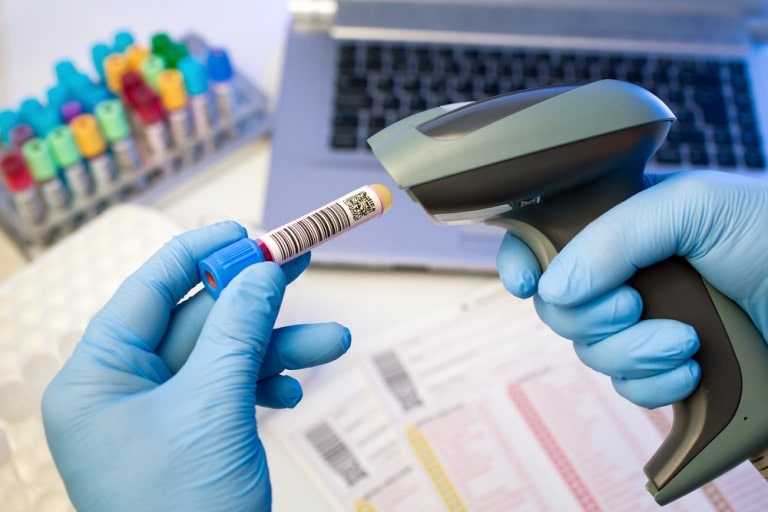For those of us outside the medical industry, a lot of what goes on inside it can be really confusing or even scary and overwhelming at times. Doctors, nurses, researchers, and all other kinds of medical staff study for years and years to get a good grasp on the concepts that help them operate in the medical field.
Every medical professional, from dental hygienists to dermatologists to nurses of all kinds, research assistants, general practitioners, and podiatrists, has to understand and retain an enormous amount of information to make it in their profession. They have to learn which medications are needed for what and how they interact together. Medicines themselves go through a process of being refined and becoming the best version of themselves: this process is called a clinical trial.
Clinical trials and decentralized clinical trials are run over a period of years; after all, the staff are dealing with enormous amounts of data and testing medications and procedures that could help but could also harm if they aren’t vetted and tested properly. We’re going to take you through what a clinical trial is designed to test and how it’s run to help clarify and demystify the process for you a little bit. Let’s take a look.
What Is A Clinical Trial?
A clinical trial (regular or decentralized) is a research study carried out on human patients, which is designed to evaluate surgical, medical, or behavioral treatments or procedures. Clinical trials are the most effective way for researchers to find out the short, mid, and long-term effects of this treatment or medication in a safe and well-monitored environment.
The effects and side effects of the drug or treatment are closely monitored over a period of months or, more often, years to confirm that the drug or treatment is safer than it is harmful for human use. Some clinical trials are designed to find ways to spot a condition early in its development before it becomes too damaging or untreatable. Other trials are designed to improve the quality of life for patients living with chronic or life-threatening conditions.
What Is A Decentralized Clinical Trial?
A decentralized clinical trial operates with the same aims as a regular clinical trial, but patients are treated in their homes instead of having to travel great distances, often at great cost to themselves and in considerable discomfort. The decentralized clinical trial is considered a massive step forward in terms of patient-centric care; making the process as comfortable and convenient as possible for the patients undergoing treatment should be a top-level concern for the staff running the trial.

What Are the Phases of Clinical Trials
-
Phase 1
The first phase of a clinical trial begins testing a drug or treatment on a small control group (80-100 people) of healthy patients. The safety of the drug and its side effects are determined, as is the correct dosage.
-
Phase 2
The second phase of a trial uses a larger group (100 to 300 people), and its emphasis is on effectiveness. The staff aims to obtain data that speaks to how the drug works or does not work in patients with specific conditions or conditions. Safety is a concern here as well, of course, as is determining short-term side effects. This phase may go on for years.
-
Phase 3
In phase 3, more information is gathered about the safety and efficacy of the drug. Different populations (in all around several hundred to 3000 people) are studied, and varying doses are used, along with combinations of the drug and other drugs that the patients may be taking. After this phase, FDA tests are carried out, and if the results are good, the FDA may approve or provisionally approve the drug.
-
Phase 4
The last phase takes place after all pre-market testing. Once the drug hits the market, the FDA will monitor its use and effectiveness as well as its side effects in the market and across diverse populations. They need to be sure, as the authority that allows medication onto the market, that the drug is being used in the right way in a long-term setting, that no additional extreme long-term effects crop up, and if they do, that the issue is dealt with speedily to keep the public safe.
Wrap Up
Clinical trials are long and complicated, with lots of steps and lots of data to understand, check and re-check. Without these studies being as long and complicated as they are, we may not have some of the drugs and procedures that help us live with diseases or prevent and cure them altogether. Now that you have a better understanding of them, maybe you can appreciate all the hard work that goes into keeping us healthy.
